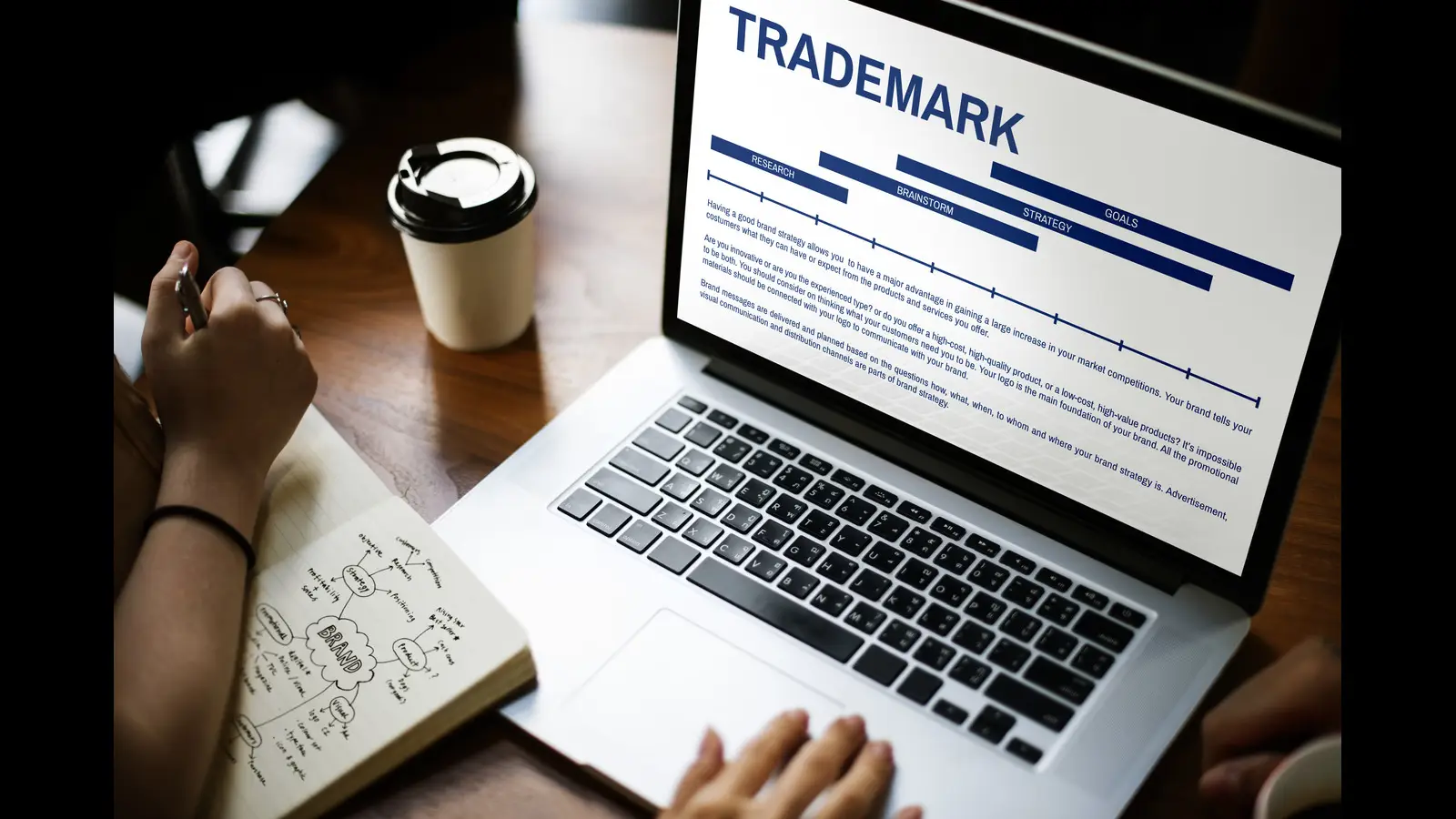
When running a small business, getting noticed online can feel like a big challenge. You may have a great product or service, but if people can’t find you when they search online, you’ll miss out on potential customers. This is where SEO (Search Engine Optimization) comes in. SEO helps your business show up in search engines like Google, so more local customers can find you.
Many business owners hear terms like on-page SEO, off-page SEO, local SEO, and link building, but aren’t sure what they mean. In this blog, we’ll explain each one in simple terms, focusing especially on local SEO, which is often the best approach for small businesses with limited budgets.
If you’d like professional help with SEO that’s built for small businesses, you can always explore Ellipsis Marketing.
Think about how you find products or services. Chances are, you type something into Google, like “plumber near me” or “best bakery in town.” If your business doesn’t show up in those results, customers may never know you exist. SEO ensures that when someone searches for what you offer, your website is visible. Without it, even the best-designed website will remain hidden.
For small businesses with tight budgets, investing in the right kind of SEO can make a huge difference. Instead of competing with large corporations on a global scale, local SEO lets you focus on reaching people in your area who are actually ready to buy.
Let’s break down the different kinds of SEO so you can see how they work and why local SEO stands out for small businesses.
On-page SEO is about improving the parts of your website that visitors see and search engines read. This includes things like:
For example, if you run a pizza shop, on-page SEO would mean making sure your website mentions phrases like “best pizza in [your city]” and that your menu pages load quickly on phones. It’s about making your site attractive both to customers and search engines.
Off-page SEO is about building your business’s reputation outside of your website. Think of it like word-of-mouth marketing on the internet. This includes:
When other trusted websites mention you, Google sees that as a sign your business is reliable. This improves your ranking in search results. For a small business, things like customer reviews and directory listings are especially powerful forms of off-page SEO.
Link building is a part of off-page SEO, but it deserves special mention. Simply put, it’s the process of getting links from other websites back to your own. Think of each link as a “vote of confidence” for your business. The more quality votes you have, the more Google trusts you.
Not all links are equal, though. A link from a local newspaper or community blog is much more valuable than one from a random site that has nothing to do with your business. For small businesses, focusing on building strong, local links is more effective than chasing hundreds of low-quality links.
Now let’s talk about local SEO, which is where small businesses see the best results. Local SEO is all about making sure people in your area can find you. When someone searches for “coffee shop near me” or “dentist in [your city],” local SEO helps your business show up in those results.
Local SEO focuses on things like:
The best part? Local SEO is highly effective without requiring a huge budget. Instead of trying to compete with national brands, you’re only focusing on customers nearby who are more likely to visit or call. That’s why, for small businesses, local SEO is often the smartest investment.
While all types of SEO are valuable, local SEO gives small businesses the best return for their money. Here’s why:
For many small businesses, focusing on local SEO is like fishing where the fish are.
Getting started with local SEO doesn’t have to be overwhelming. Here are a few simple steps:
If this feels like a lot, the good news is that there are programs designed to make SEO simple for small businesses. For example, Ellipsis Marketing offers a ReadyMade SEO Program that’s affordable and specifically built for local businesses.
Many small business owners avoid SEO because they’ve heard it’s too complicated or too expensive. But here are the facts:
SEO may sound complicated, but once you understand the basics, it becomes much clearer. On-page SEO makes your website user-friendly. Off-page SEO and link building build your reputation online. But for small businesses, local SEO is the most powerful tool because it helps you attract nearby customers without breaking the bank.
If you’re ready to make SEO work for your business, check out Ellipsis Marketing. Our ReadyMade SEO Program is designed to help small businesses get results quickly and affordably. With the right strategy, your business can stand out online and be the first choice for local customers.


